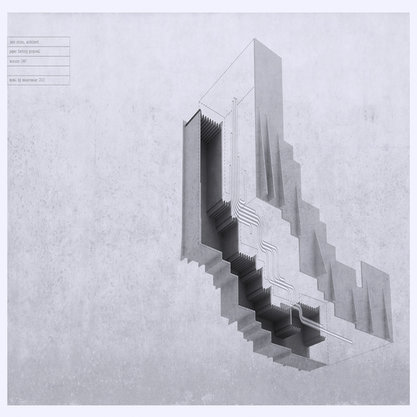Article
Acmeism By Goloubeva, Irina ; McGarry, Matthew
Article
Acmeism [АКМЕИЗМ] was a major literary movement of the Russian Silver Age. Although difficult to date precisely, scholars generally agree that Acmeism unofficially began with the closing of the major Symbolist publication Vesy [The Scales], coinciding with the appearance of the journal Apollon in 1909, and ended with the execution of its nominal founder, the poet Nikolay Gumilyev (1886–1921), shortly after the Russian Civil War. Conceptualized as a new school of poetry by two disaffected poets from the Tsekh Poetov [Poets’ Guild], Gumilyev and Sergey Gorodetsky, Acmeism became one of the major currents in the post-Symbolist Russian literary avant-garde, competing with the more vociferous Futurism for advancing contemporary Russian poetry into the future. Despite the movement’s brief history and its seemingly conformist alignment with Symbolism, major Acmeist poets such as Anna Akhmatova (1889–1938) and Osip Mandelstam (1891–1938) placed Acmeism firmly on the map of both Russian and European modernism, on a par with Aleksandr Blok’s Symbolism and Vladimir Mayakovsky’s Futurism.

